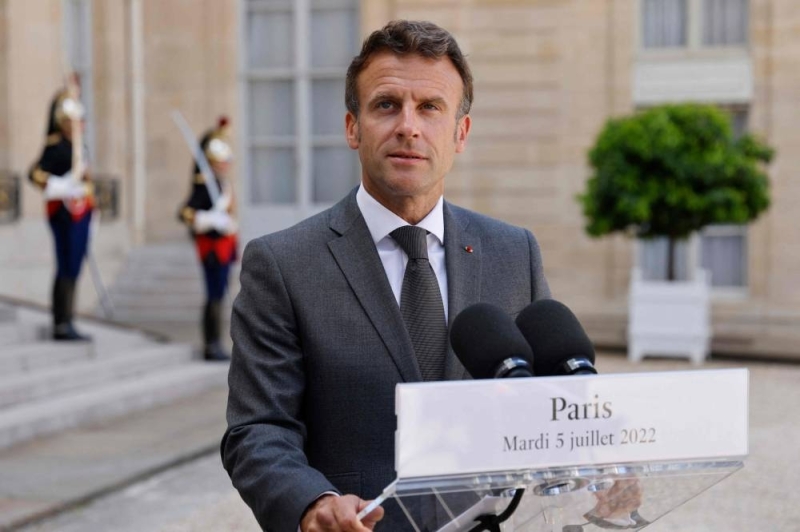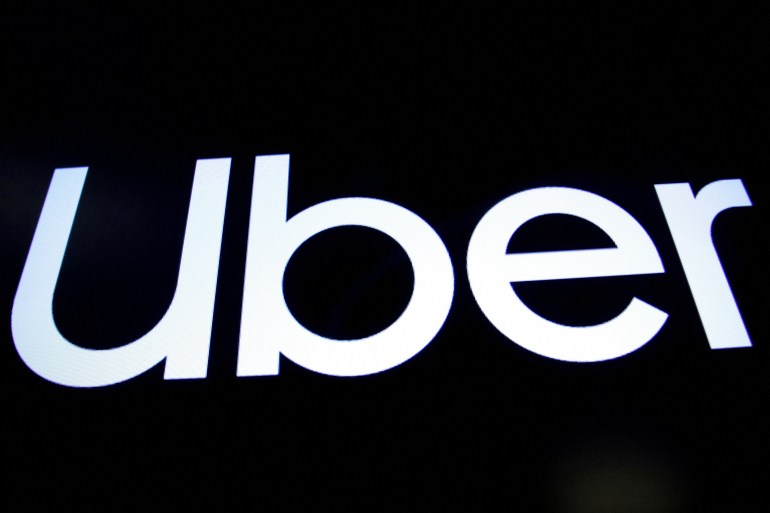BY COLLEEN SLEVIN, ASSOCIATED PRESS - 07/11/22
DENVER (AP) — People have a right protected by the First Amendment to film police while they work, a Western U.S. appeals court ruled Monday in a decision that concurs with decisions made by six of the nation’s other 12 appeals court.
The 10th Circuit Court of Appeals in Denver ruling came in the case of a YouTube journalist and blogger who claimed that a suburban Denver officer blocked him from recording a 2019 traffic stop. Citing decisions from the other courts over about two decades as well as First Amendment principles, the 10th Circuit said the right to record police was clearly established at the time and reinstated the lawsuit of the blogger, Abade Irizarry.
A three-judge panel from the court said that “Mr. Irizarry’s right to film the police falls squarely within the First Amendment’s core purposes to protect free and robust discussion of public affairs, hold government officials accountable, and check abuse of power.”
While bystander video has played a vital role in uncovering examples of police misconduct in recent years, including in the killing of George Floyd, whether or not it is a right is still being determined in courts and debated by lawmakers.
The nation’s five other appeals courts have not ruled yet on the right to record police and the U.S. Supreme Court would likely not get involved in the issue unless appeals courts were on opposite sides of the issue, said Alan Chen, a University of Denver law professor and one of the First Amendment experts also urged the appeals court to rule in favor of the right of people to record police.
Meanwhile, Arizona’s Republican governor last week signed a law that makes it illegal to knowingly video record police officers 8 feet (2.5 meters) or closer without an officer’s permission.
In the Colorado case, a lower court had said there was a right to record police but did not think it was clearly established in 2019 so it blocked the officer from being sued because of the controversial legal doctrine called “qualified immunity.” It shields police officers from misconduct lawsuits unless lawyers can show that the officers were on notice that their actions violated the law at the time.
U.S. government lawyers intervened in Irizarry’s appeal to support the public’s right to record police in the 10th Circuit, which oversees four western and two midwestern states — Oklahoma, Kansas, Colorado, Wyoming, New Mexico and Utah — as well as parts of Yellowstone National Park that lie in Idaho and Montana.
Irizarry’s lawyer, Andrew Tutt, said the ruling will protect the right of every citizen under the court’s jurisdiction to record police carrying out their duties.
“Today’s decision also adds to the consensus of authority on this important issue, bringing us a step closer to the day when this right is recognized and protected everywhere in the United States,” he said.
In his lawsuit, Irizarry said he was filming a police traffic stop in the city of Lakewood when he claimed Officer Ahmed Yehia stood in front of the camera to block Irizarry from recording. The officer shined a flashlight into Irizarry’s camera and the camera of another blogger. Then Yehia left the two, got into his cruiser and sped the cruiser toward the two bloggers, the lawsuit said. The cruiser swerved before reaching the bloggers and they were not hit, according to the lawsuit.
A telephone message left in the Lakewood city attorney’s office, which represented Yehia, was not returned.
Even though the court said the right to record police existed in 2019, the ruling will mostly have an impact going forward since lawsuits for police misconduct must be brought within two or three years in most states, Chen said.



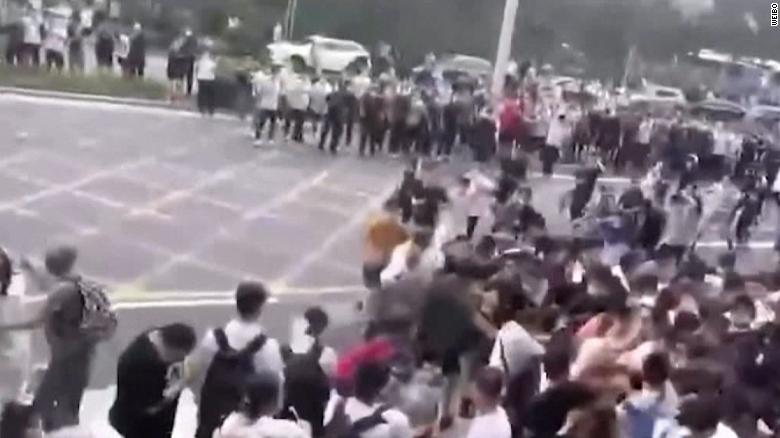

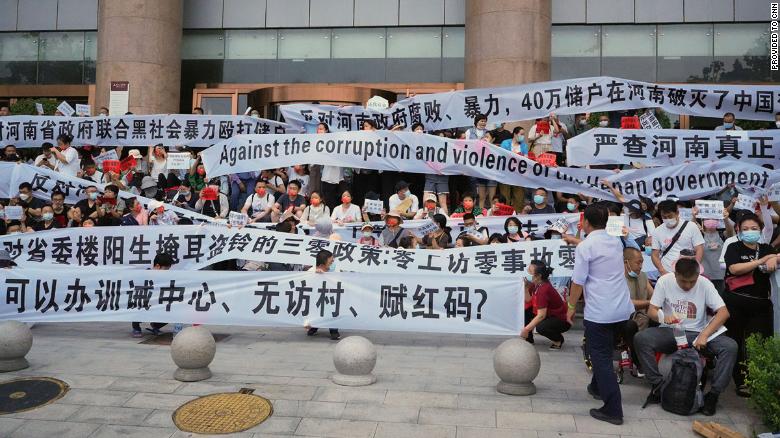

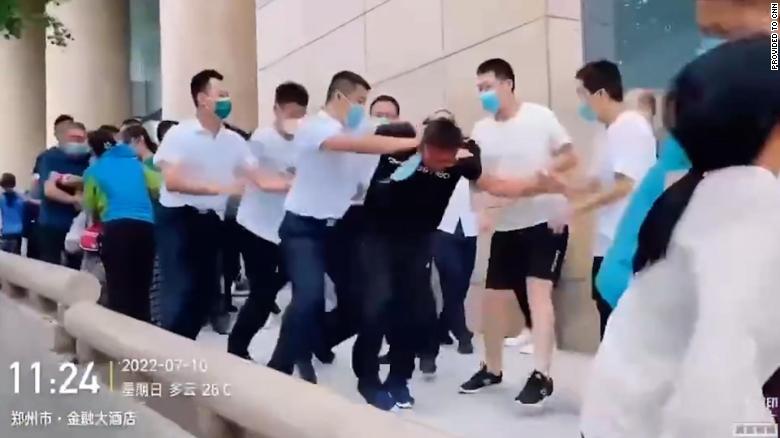

/cloudfront-ap-southeast-2.images.arcpublishing.com/nzme/3D53I5VTGI7ENKG6FMGXJAJVC4.jpg)
/cloudfront-ap-southeast-2.images.arcpublishing.com/nzme/RSQM3VB7MEI2P5TKGUIVDHLQJU.jpg)
/cloudfront-ap-southeast-2.images.arcpublishing.com/nzme/BJ3PZSRM53VBPLSPXQHKY65PIQ.jpg)







